The Great Resignation Hangover
Strategies for Retaining Top Talent in 2024

4 STRATEGIES TO RETAIN TOP TALENT IN 2024
Written by Ryan P. Collins, MBA, PHR, SHRM-CP
Mar 25, 2024 | Labor Compliance
The "Great Resignation" of 2021-2022 significantly impacted businesses across the globe. While the initial wave may be subsiding, its effects linger in the form of a "hangover" - ongoing challenges with employee retention. In this competitive job market, retaining top talent is crucial for business success. Join us as we explore the retention challenge and offer actionable strategies your company can implement in 2024.
The Retention Challenge
The factors driving the Great Resignation hangover are complex. Empowered employees are reevaluating priorities, seeking purpose and flexibility in their work. A tight labor market means they have options. According to a recent Pew Research Center survey, 60% of workers report feeling they could easily find a new job if they wanted one. Additionally, the rise of remote work opportunities offers geographic flexibility, further fueling employee mobility.
Statistics paint a concerning picture: The Bureau of Labor Statistics reported a national quit rate of 2.7% in February 2024, indicating a continued churn in the workforce.
Strategies for Retention
Combating the hangover requires a multi-pronged approach. Here are 4 key strategies to consider:
1. Competitive Compensation and Benefits: Offering competitive salaries and a comprehensive benefits package is fundamental. Utilize salary benchmarking tools to stay informed about market rates for your industry and location. Consider creative benefits options that enhance employee well-being, such as student loan repayment programs or mental health resources.
2. Fostering a Positive Work Environment: Today's employees crave more than just a paycheck. A recent study by WorkJam found that 73% of employees consider company culture to be a very important factor when considering a new job. Move beyond traditional perks and focus on building a culture of trust, respect, and psychological safety. Prioritize open communication, employee recognition programs, and initiatives that promote work-life balance. Addressing the growing trend of "quiet quitting" - where employees do the bare minimum - requires a positive and engaging work environment where employees feel valued.
3. Investing in Employee Development: Employees who feel their skills are being developed are more likely to stay with their employers. A LinkedIn report highlights that 94% of employees say they would stay with a company longer if they invested in their career development. Provide training opportunities, mentorship programs, and tuition reimbursement to demonstrate your commitment to employee growth.
4. Promoting a Culture of Recognition and Appreciation: Acknowledging employee contributions is essential for boosting morale and fostering loyalty. Implement a mix of formal and informal recognition programs, such as performance reviews, team shout-outs, and awards. Research by Achievers Solutions shows that employees who are recognized are four times more likely to feel valued and twice as likely to stay with their company.
Building Employer Branding a a Retention Tool
Employer branding is the reputation your company has as a workplace. A strong employer brand attracts top talent and helps with retention. Promote your company culture, employee testimonials, and career growth opportunities on social media, job boards, and your careers page. By positioning yourself as a desirable workplace, you'll be better equipped to attract and retain high-performing employees.
Wrapping Up
Addressing the Great Resignation hangover requires a strategic approach. By offering competitive compensation, fostering a positive work environment, investing in employee development, and promoting a culture of recognition, companies can improve retention rates. Remember, the need to adapt and cater to evolving employee needs is ongoing.
For personalized assistance with developing and implementing effective retention strategies, contact our expert team at Synergy Consulting Group today.

Authored by
RYAN P. COLLINS, MBA, PHR, SHRM-CP
Principal, Synergy Consulting Group
With more than 10 years of multi-state executive HR leadership experience, Ryan brings a proven track record of transforming routine people operations into a competitive advantage, boosting bottom lines, and molding high-performance cultures. Throughout his career, Ryan has successfully developed and implemented large-scale HR and people operations plans and strategies for both domestic and international organizations, across several industries with 50-5,000 headcount.
As the Principal Consultant at Synergy Group, Ryan directs, manages, and conducts comprehensive employee relations, internal communications, internal crisis management, and workplace investigations consulting for diverse clients across various industries. Leveraging his strategic insights and extensive HR expertise, Ryan advises on and executes high-impact initiatives that enhance workplace harmony, engagement, and productivity.
Ryan holds a Bachelor’s degree in Business and HR Management from the University at Buffalo and an M.B.A. in International Business and HR Management from Medaille College. He then continued to complete two Post-graduate certificates from Cornell University in Employee Relations and Investigations, and Strategic Human Resources Leadership. Ryan is certified as a Professional in HR Management (PHR) by HRCI and a SHRM-Certified Professional (SHRM-CP) with a Specialty Credential in Workplace Investigations, and is also a Certified EEO Investigator with the United States EEOC.

Ready to Work with Synergy?
Schedule a conversation and receive a complimentary Risk & Needs Assessment.
No obligation, no hard sales pitch.





